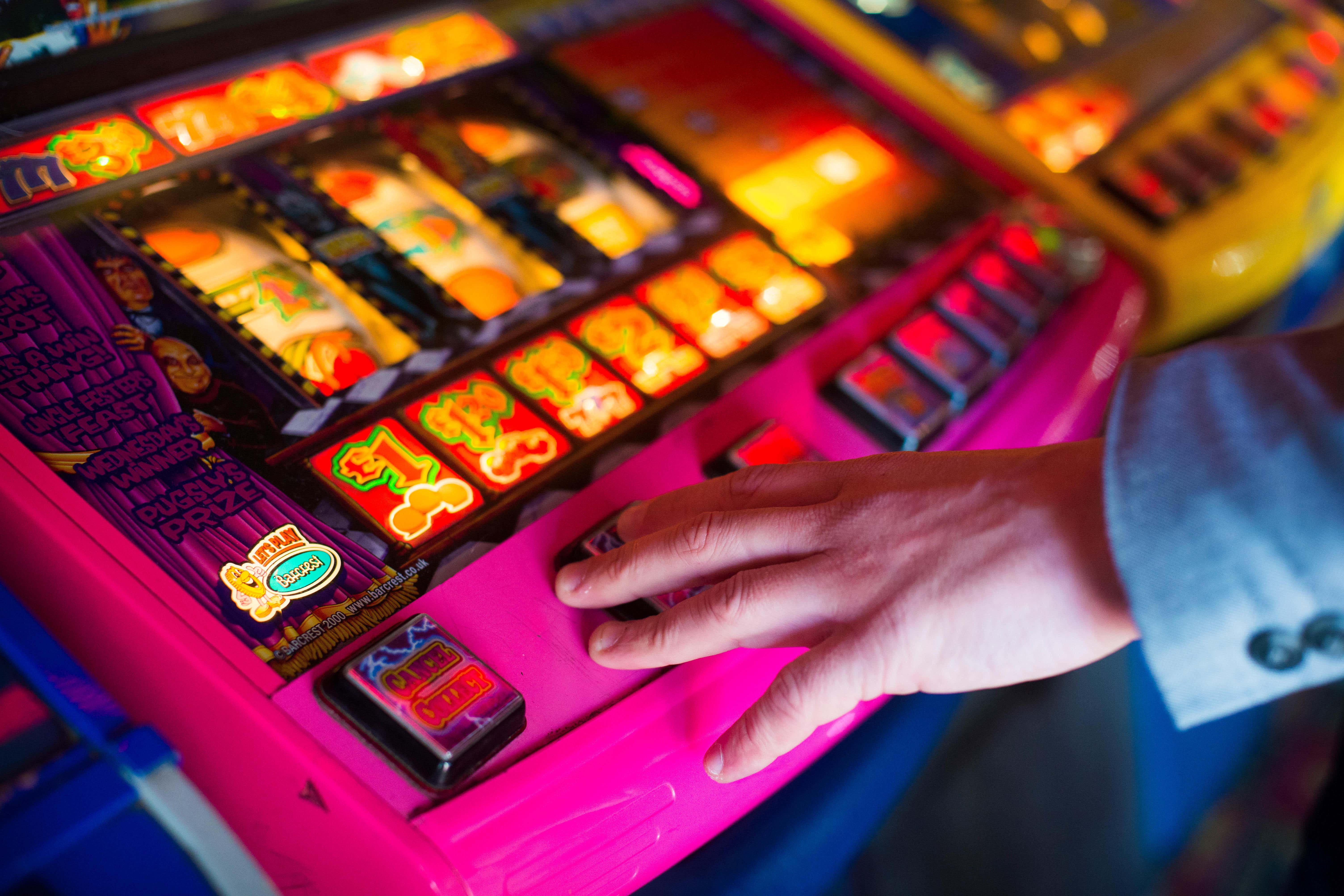Some 2.5% of the adult population may be experiencing problem gambling – survey
Campaigners said the findings suggest problem gambling rates have been ‘massively under-estimated for years’.

Some 2.5% of the adult population may be experiencing problem gambling, according to a new survey by the sector’s regulator.
Campaigners immediately warned that the Gambling Commission’s survey of 9,804 people – set to become one of the largest in the world and establish a new baseline for understanding gambling behaviour in Britain – suggested that the proportion of people harmed by gambling has been “massively under-estimated for years”.
The previous most robust survey featuring a problem gambling rate was 2016’s Gambling Behaviour in Great Britain study, which put the figure at 0.7%, although the regulator warned that the latest estimates are not directly comparable with results from prior surveys due to differing methodology, including a bigger sample size.
The regulator’s latest survey found that 48% of adults aged 18 and over participated in any form of gambling in the past four weeks.
The new design of the Gambling Survey for Great Britain will significantly enhance the evidence base on patterns and trends in gambling behaviour
This fell to 27% when those who only participated in lottery draws were excluded.
Some 41% of adults who gambled in the past 12 months rated the last time they gambled positively, 21% suggested it was negative, and 37% were neutral.
Men were more likely than women to have higher Problem Gambling Severity Index (PGSI) scores, and problem gambling was highest among those aged 18 to 34.
The proportion of participants with a PGSI score of eight or more was over nine times higher for those who had taken part in betting on non-sports events in person, and more than six times higher for those who had gambled on online slots.
Some 2.5% of all respondents had a PGSI score of eight or more.
The new Government must immediately bring in a statutory levy on gambling industry profits to pay for vital prevention and treatment
Tim Miller, executive director of research and policy at the Gambling Commission, said: “One of our aims as a regulator is to ensure we gather the best possible evidence on gambling – and today’s publication is the next significant step forward in our journey on creating a robust source of evidence for gambling in Great Britain.
“Data in this report represents the first year of a new baseline, against which future changes can be compared and as such will prove invaluable in deepening further our understanding of gambling across the country.”
Professor Patrick Sturgis, from the London School of Economics, who independently reviewed the new survey, said estimates of problem gambling rates should be used with caution, as there was a risk the new methodology substantially overstated the true level of gambling and gambling harm in the population.
Professor Sturgis said: “The new design of the Gambling Survey for Great Britain will significantly enhance the evidence base on patterns and trends in gambling behaviour.
“With an annual sample size of 20,000 individual interviews across the nations and regions of Great Britain, the survey will provide researchers and policy makers with fine-grained and timely data across a broad range of key indicators.”
However, the charity Gambling with Lives, which supports families bereaved by gambling-related suicide, said the 2.5% “problem gambling” rate was five to eight times higher than the 0.5% and 0.3% identified in previous surveys, and suggested that the proportion of people harmed by gambling had been “massively underestimated for years”.
Charles Ritchie, from the charity, said: “These figures show what many of us already knew, that the harms caused by gambling have been massively underestimated, with millions of people in the UK affected. The number of people that have considered or attempted to take their own lives confirms the appalling scale of suicides happening now.
“Now legislation needs to catch up with this reality.
“The new Government must immediately bring in a statutory levy on gambling industry profits to pay for vital prevention and treatment, and take measures to restrict gambling advertising.”
Dr Carolyn Downs, a senior lecturer at Lancaster University who leads on research into gambling, said: “I am delighted to see the new Gambling Survey for Great Britain published, and welcome the updated methodology, which will greatly increase knowledge.
“I am sadly unsurprised at the key finding of 2.5% of respondents experiencing gambling-related harm, up from previous ballpark figures of 0.3-0.5% of the population, as this chimes exactly with our findings in a large study in the North West of England with almost 2,000 respondents over two years.”
The BGC and our members are committed to raising standards and we welcome any robust study that accurately gauges betting and gaming participation and problem gambling prevalence
A spokesman for the Betting and Gaming Council (BGC), said: “The methodology used in this survey is different to those previously conducted into betting and gaming.
“As a result, the Gambling Commission has been clear, this survey should not be used to make direct comparisons with results from prior surveys, as a measure of addiction, or to gross up problem gambling prevalence to the whole population.
“The BGC and our members are committed to raising standards and we welcome any robust study that accurately gauges betting and gaming participation and problem gambling prevalence.
“The most recent NHS Health Survey for England estimated that 0.4% of the adult population are problem gamblers.”
Bookmark popover
Removed from bookmarks